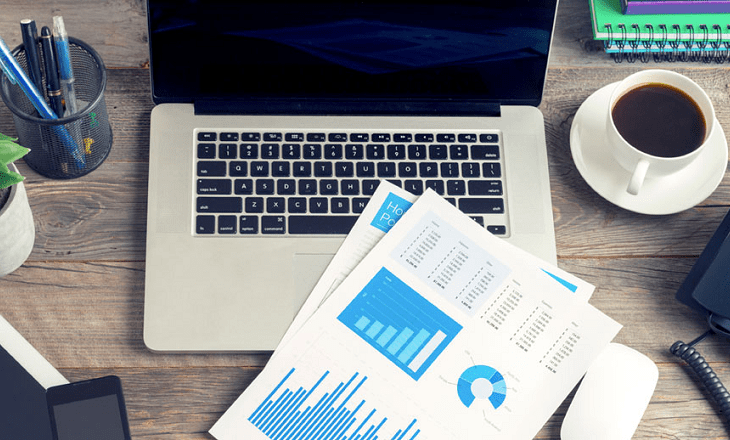The following article was written by contributor Kat Smith.
As a business owner, you make dozens of important decisions to run your company each day. To make informed decisions, you need accurate and timely accounting information, and selecting the right type of accounting software is hugely important. Use these tips to make an intelligent decision regarding your software purchase.
The Backbone of Your Operation
The accounting software you choose has an impact on many areas of your business because every transaction is recorded in the accounting records. Useful accounting software allows you to process payroll, manage your inventory and make smart purchasing decisions. Before you make a software decision for accounting, think through all of your business processes.
Adapting to Growth
The software you use must be able to handle your firm’s growth, and you need to address that capability before you make a software purchase. Assume, for example, that you operate a retail sporting goods store, and you’re adding three new locations. Your company expansion will require you to add employees, manage more inventory and process more sales transactions. The number of accounting transactions will increase, and your software must be able to process more activity.
Cloud-Based Capability
An increasing percentage of business transactions are processed electronically, and your accounting software must be able to accommodate these transactions. Here are some examples:
- Cloud computing: Businesses are moving away from paper files and processing transactions on the cloud. Employees share, edit and store documents using cloud computing, and your software must also be based in the cloud.
- Electronic transactions: The vast majority of financial transactions are posted electronically, and large firms may process banking, currency trading and investment transactions online. Every accounting system must have an interface to collect electronic transactions and post them to the accounting records.
- E-signatures: Your firm has a variety of documents that provide support for your accounting transactions, including signed contracts and other agreements. Once a contract is signed and stored online, you need a method to locate the document in order to explain an accounting transaction. An accounting software package should offer a link to your electronic documents.
In order to work productively, make sure that your accounting software can interface with your other cloud-based tools.
Payroll, Fixed Assets and Inventory
Accounting for payroll, fixed assets and inventory can become difficult and complex as your firm grows. Consider these points:
- Payroll: Your payroll system requires you to post gross pay and withholding information for each employee, then calculate withholdings and determine net pay. Since the tax laws may change frequently, processing payroll accurately can be challenging.
- Fixed assets: As your firm grows, you may add hundreds of fixed assets to your accounting records. Each fixed asset must be depreciated, and your firm may use ten or more different depreciation methods to make calculations.
- Inventory: For many companies, inventory requires the largest capital investment to operate the business. You must track the number of items and the original cost for each item in inventory. Tracking these costs is important so that you can compute the correct profit when each item is sold.
Consider a software package that offers additional technology to meet these unique needs. As your business grows, you may need advanced capabilities to manage complex accounting tasks.
Talk With an Expert
If you don’t select an accounting software package that can handle your growing capacity and complex transactions, you may struggle to manage your business. Consider hiring an IT expert to review your software needs and make an informed recommendation.
